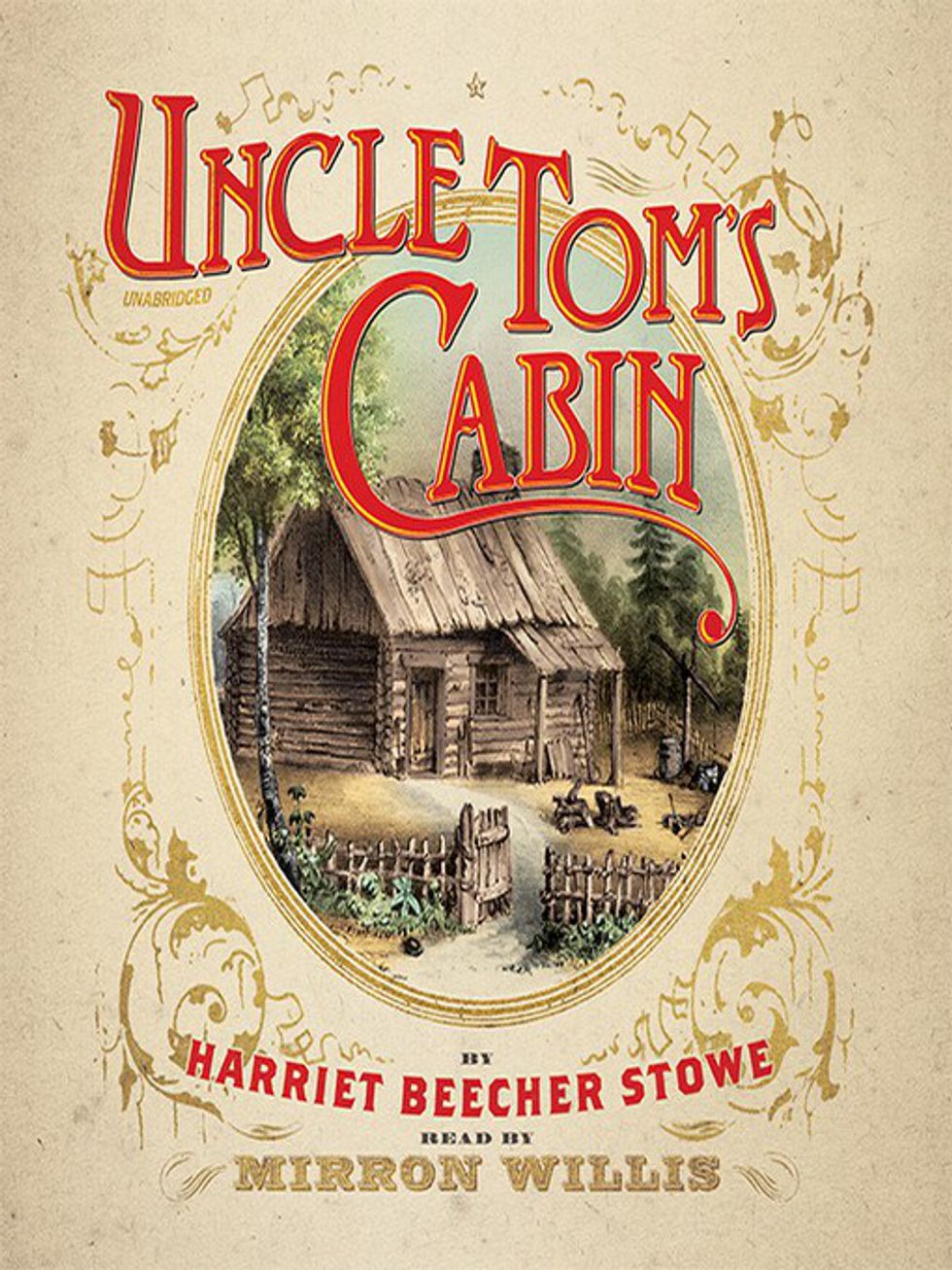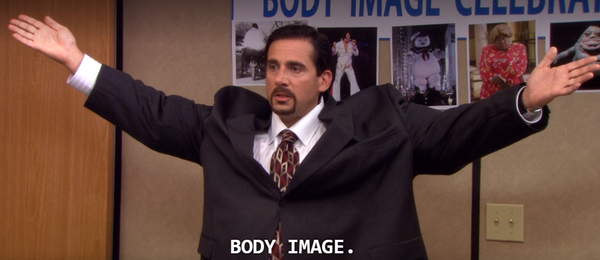How often do you read fiction? It doesn't even have to be a full-blown novel, but any sort of fiction: short stories, poems, or vignettes. Be honest, probably not a lot. Most of us don't read as much as we'd like, and even the people who read a lot wish they could read more. The human mind is always in search of new information, that's why in this world of "instant everything," Snapchat, Buzzfeed, and YouTube reign supreme. There's nothing necessarily wrong with the existence of these things, especially since it provides a platform for so many different voices that may not otherwise be heard, but because of this constant input, we as consumers forget to practice something called "deep reading." Deep reading is a phrase I most recently heard while reading three articles for a literature class. "Deep reading," as opposed to "carnal reading," is the act of reading (usually fiction) and immersing oneself in the story, putting the mind in someone else's shoes and forming empathy for their story. The questions of these articles mainly focus on whether reading fiction makes a person better, more moral, and more empathetic.
Reading Literature Makes Us Smarter and Nicer by Anne Murphy Paul
Does Great Literature Make Us Better? By Gregory Currie
How Reading Makes Us More Human by Karen Swallow Prior
The first two articles I read by Paul and then one by Currie seemed to argue against each other, as Currie claims there is no evidence to support that reading fiction makes a person more moral, while Paul retorts that reading fiction makes a person kinder and more empathetic overtime. The article by Prior however, points out very well that while either may be right or wrong, the two authors are actually making different points. It is not a question of whether reading fiction makes us better people, but that it makes us more human, which I think that both Paul's and even Currie's articles support that. Currie took a much more skeptical approach by saying there wasn't enough evidence to support the idea that fiction makes us better people, but still conceded that it may be possible. He points out the flaw in not knowing which comes first; if it's intelligent and good people that decide to read fiction, or if fiction is making those people good. He puts an emphasis on morality, which I think does relate to Paul's emphasis on empathy, but he states that the moral issues explored in fiction are too specific and not realistic. While fiction can be a sort of theoretical and moral testing ground, he claims that when put to practice in real life, the "expert morality" would fail.
On the other hand, Paul argues that since the reading one does while reading fiction is a deep reading, the immersion that occurs as result allows the reader to empathize with the situation. That existence of empathy is what makes readers who read deeply, or "spiritually," to be kinder, better people. I think that the evidence she provides supports this claim very well, although I will admit that Currie raises reasonable concern as to whether or not the studies are thorough enough. With such a philosophical question that can span and affect one's entire reading career, putting quantitative data in place can be challenging, especially in individual situations. A classmate of mine pointed out that while we may not be able to prove the case of fiction bettering the individual, we can see how it has bettered society as a whole with novels like Uncle Tom's Cabin by Harriet Beecher Stowe and To Kill a Mockingbird by Harper Lee. In these instances, a book of fiction opens up a new perspective to society, spreading interest like the plague and causing a shift in paradigms over important issues such as race, gender, and equality.
For me, I think Prior put it best when she stated that the act of reading is uniquely human, and therefore reading well makes us more human, while reading in a shallow and carnal manner will not enrich nor diminish our humanity. Committing to something and doing it well, as opposed to just going through the motions for the sake of it, is the difference between genuine success and passive mediocrity--- in almost any part of life. As a slower reader myself, who read often as a child, I like to believe I am a more empathetic person, but I can't honestly say it was because of that reading. I don't know if any study will be able to prove something that may just come down to a question of nurture versus nature, but it can't hurt to keep trying.























